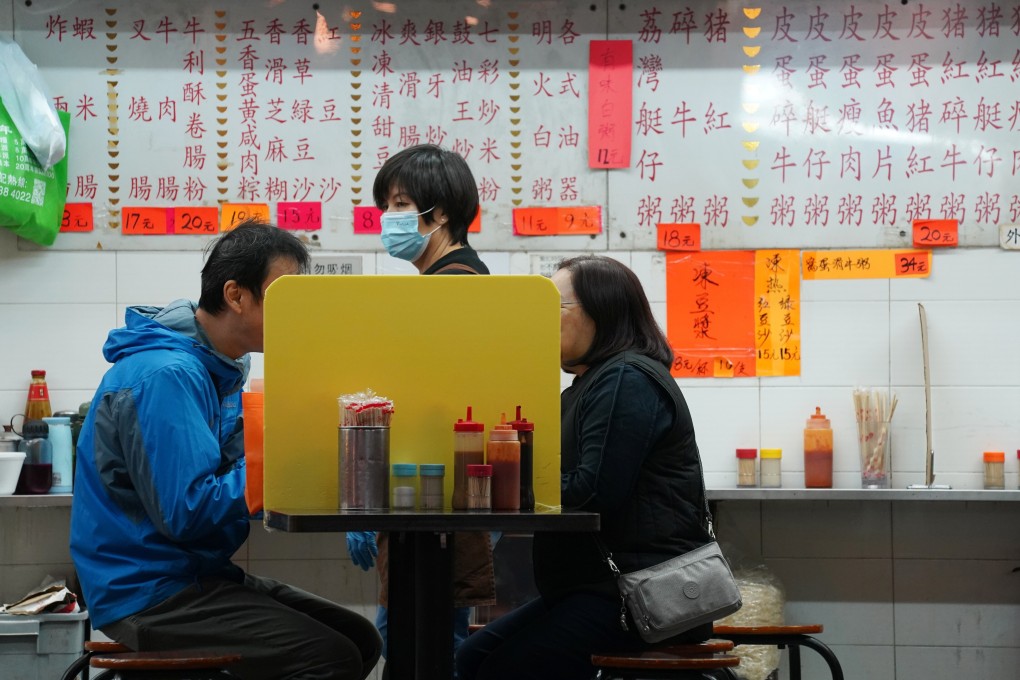My Take | Limit on public gatherings is bordering on the absurd
- Restrictions on peaceful and orderly gatherings in the city should be relaxed as the threat of Covid-19 recedes. A start would be to lift the ridiculous four person rule

The four person limit on public gatherings in Hong Kong, part of measures to combat Covid-19, is becoming increasingly difficult to justify. Life in the city is almost back to normal with no local cases of the virus. Public transport is packed, shopping malls heaving and parks crowded. Live performance venues, cinemas, bars, restaurants and nightclubs are open again and offices are busy. But if you step outside as part of a group of five or more, you risk a fine of HK$25,000 or up to six months’ imprisonment. It is bordering on the absurd.
The restriction, first imposed in March last year, is at odds with the widely accepted understanding that Covid-19 is less easy to transmit outdoors. It makes no sense that throughout the pandemic people in Hong Kong have been free to gather and party in private homes, but not outdoors.
Is the restriction driven by public health concerns? Or has Covid-19 been used by the government as a pretext for preventing protests? The question arose in court last week with the sentencing of 12 democrats for their part in an unauthorised public commemoration of the 1989 Tiananmen crackdown last year. Nine were jailed for up to 10 months.
The police had refused permission for the annual vigil in Victoria Park, citing a public health risk. Organisers claimed this was an excuse and argued political sensitivities were behind the first ban on the event in 30 years. An estimated 20,000 people defied the prohibition. The court accepted there did not appear to be an outbreak of either violence or Covid-19 as a result.
But Judge Amanda Woodcock took a dim view of the risk she said the defendants, who admitted taking part or inciting others to do so, had posed to public health.
She said the restrictions were intended to combat Covid-19 and were “not designed to surreptitiously prevent people gathering for a common purpose or as a tool of suppression.” The activists had “ignored and belittled a genuine public health crisis,” Woodcock added.
